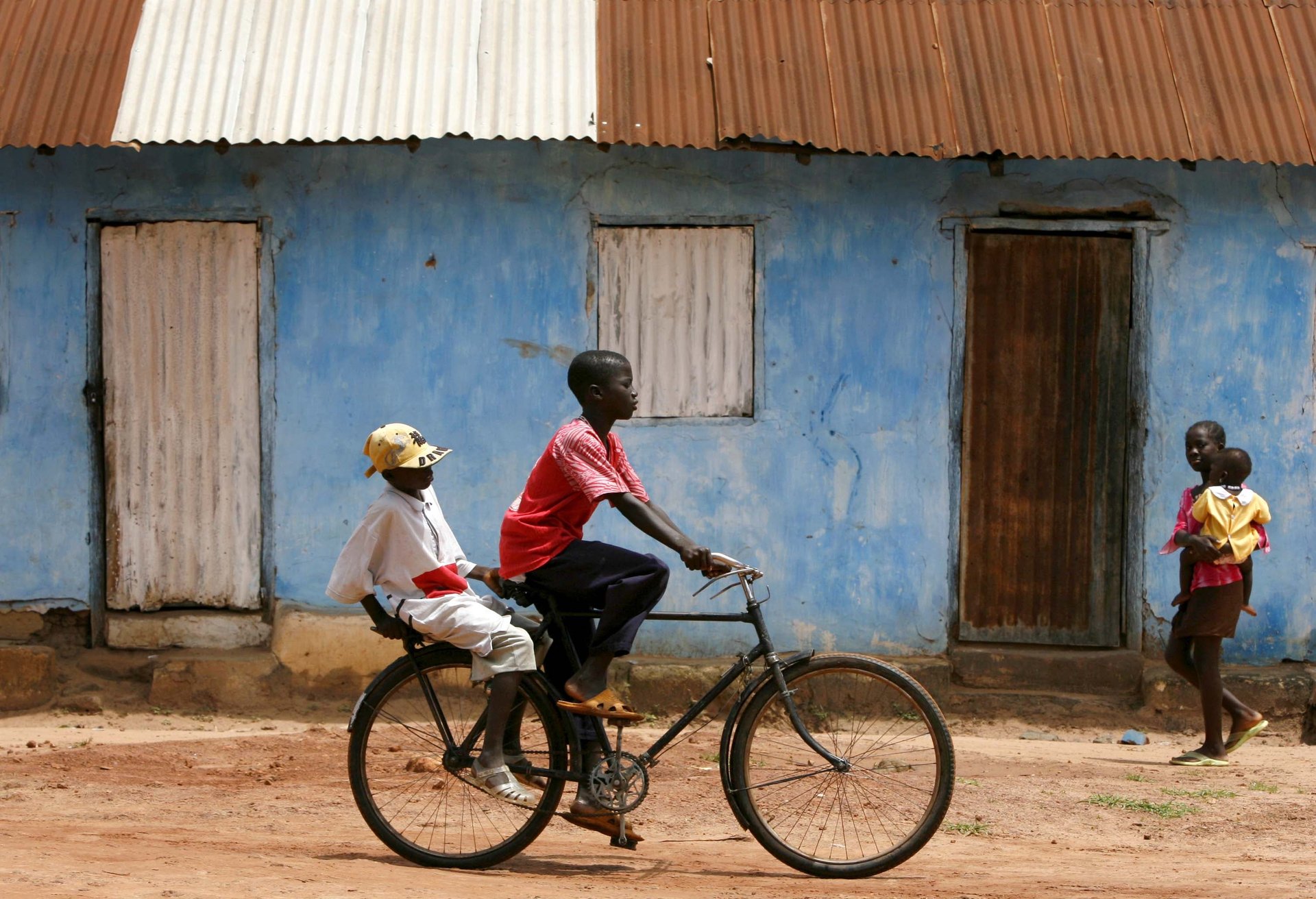Why the Gambia is suspending sales of paracetamol syrups
Autopsies of children who died from kidney injuries “suggest the possibility of paracetamol."

The Gambia has suspended all paracetamol syrups’ sales and imports into the country until an investigation determines if the medicines are causing the deaths of children.
Mustapha Bittaye, the country’s health service director, said autopsies conducted on dozens of children under the age of five who have died within the last three months “suggest the possibility of paracetamol.” The deaths have followed kidney injuries in children who took paracetamol syrups to treat fevers, leading doctors to suspect a direct link.
Counterfeit drugs are a west African problem
A blanket ban on all paracetamol in the country seeks to tackle the problem at source, to identify any incidence of poor quality or outright counterfeit syrups flooding the country. That would not be a problem unique to the Gambia as west Africa continues a long-running fight to eliminate a high prevalence of drug counterfeiting.
Across the world, 4 in 10 seized counterfeit drugs are in Africa and about a third of medicines sold in some parts of Africa are fake, per the United Nations Office on Drug and Crime (UNODC). The counterfeiting menace has affected everything from oral medicines to meningitis vaccines in Niger.
Some of the issues associated with drug counterfeiting in Africa include the fact that fake drugs are cheap to buy, many different types of drugs can be bought over-the-counter without a prescription, and also there is the difficulty consumers have in spotting and buying original products. Innovative health tech startups are beginning to provide some solutions to this effect, even if most of the early players are still building roots and fine tuning sustainable business models in Nigeria and Ghana.
In the Gambia, poor healthcare delivery is complicated by a poverty rate above 40%. The government has received over $100 million in World Bank grants since 2020 to improve sustainable care, but results are yet to match expectations going by the evidence of the suspected paracetamol deaths.